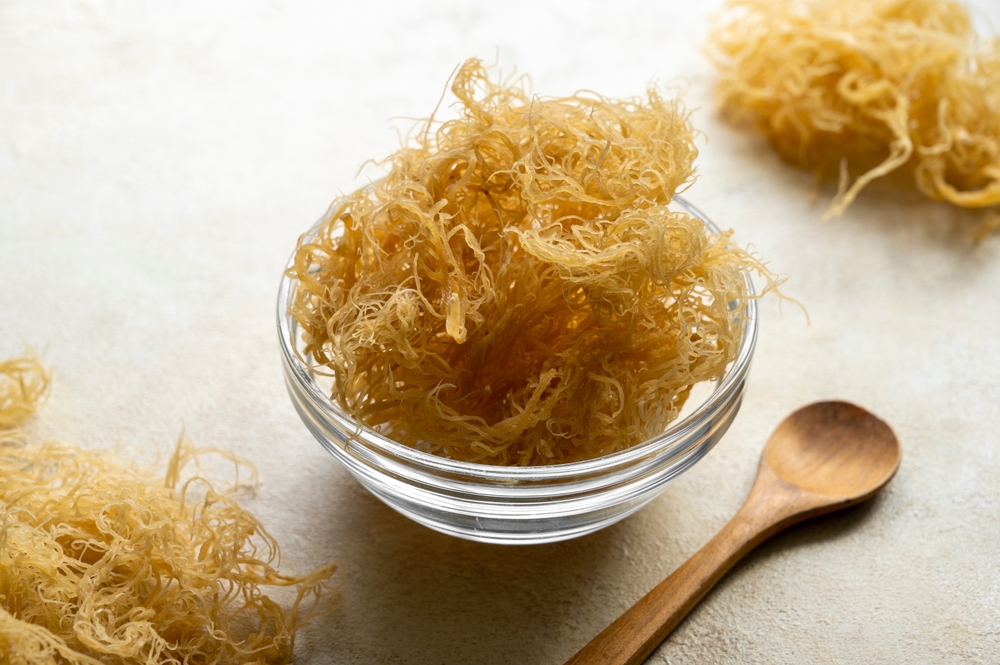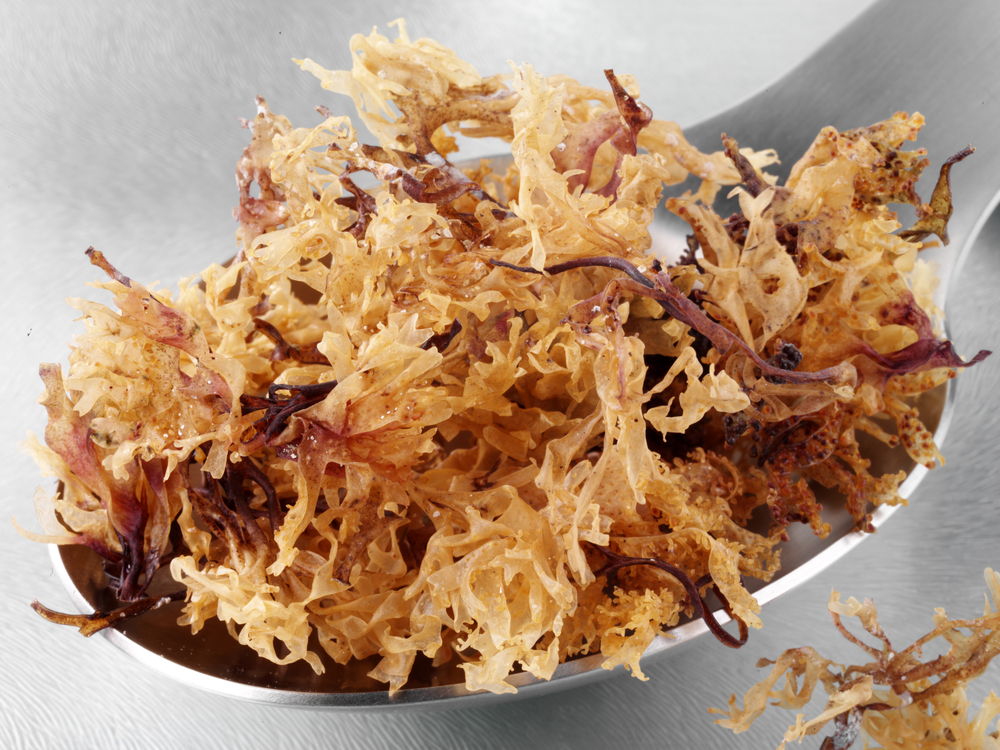The Wonders Of Sea Moss: A Nutrient-Rich Marvel
In the realm of healthy living, sea moss has become the latest star. A surge of interest, with a 380 percent spike in searches, has thrust this red algae into the limelight. Fueling the fascination, celebrities like Kim Kardashian have touted sea moss smoothies, propelling it into the mainstream.

The global obsession with marine ingredients reflects a broader trend, with $2.6 billion spent on algae products in 2018 alone.
What Is It Exactly?
Derived from red algae, particularly Chondrus crispus, sea moss washes ashore on the northern Atlantic coasts. Often mistaken for brown seaweed, its flavorless, edible nature makes it versatile and available in raw, dried, or gel forms. Nutritionally dense, sea moss boasts a bounty of micronutrients, including iodine, iron, and magnesium.
A Nutritional Powerhouse
Sea moss, also known as Irish moss, stands as a natural reservoir of essential micronutrients crucial for our well-being. A mere two tablespoons of raw Irish sea moss offer a nutritional spectrum:
- Calories: 5
- Fat: 0 g
- Protein: 0.2 g
- Sodium: 6.7 mg
- Carbohydrates: 1.2 g
- Dietary fiber: 0.1 g
- Magnesium: 14.4 mg
- Calcium: 7.2 mg
- Potassium: 6.3 mg
- Iron: 0.89 mg
- Phosphorus: 15.7 mg
Types
While Chondrus crispus dominates sea moss products, the term may encompass various colors, each offering distinct nutritional profiles. Growth conditions influence its composition, leading some to claim ocean-harvested sea moss surpasses controlled cultivation, though research remains inconclusive.
Health Benefits
- Nutrition Profile
Sea moss potentially supports gut health, blood sugar control, and cardiovascular well-being. Rich in iron, which is essential for vegetarians and vegans, it helps to prevent anemia. Magnesium, abundant in sea moss, contributes to bone health, blood pressure regulation, and quality sleep. Additionally, iodine content supports thyroid function, a critical aspect of overall health.
- Guardian of Nerves and Weight
Preliminary studies on red algae suggest neuroprotective effects, potentially aiding conditions like Parkinson’s disease. Some enthusiasts attribute weight loss acceleration to sea moss, highlighting its protein content and carrageenan, acting as a natural thickening agent. Moreover, carrageenan may serve as a prebiotic that improves the health of your gut and aids in managing your weight.

Navigating Risks and Side Effects
While sea moss offers myriad benefits, caution is essential. As you may know, consuming iodine excessively can cause thyroid problems. Additionally, sea moss may contain heavy metals, necessitating moderation.
Selecting and Consuming Sea Moss
When choosing sea moss supplements, opt for those combining anti-inflammatory turmeric or labeled as “Irish moss” or “Chondrus crispus.” The USDA doesn’t specify a serving size, so adhere to product labels. Incorporating sea moss into your food is simple: you can add it to smoothies, broth, or even desserts. For longevity, store sea moss gel cautiously, as research on its freshness or longevity is hard to come by.
In the ever-expanding universe of superfoods, sea moss stands as a nutritional powerhouse, offering a myriad of health benefits for those seeking to enrich their well-being.
